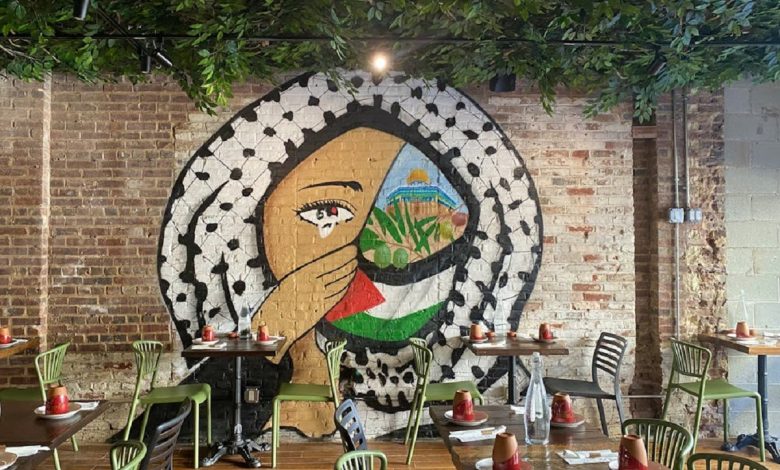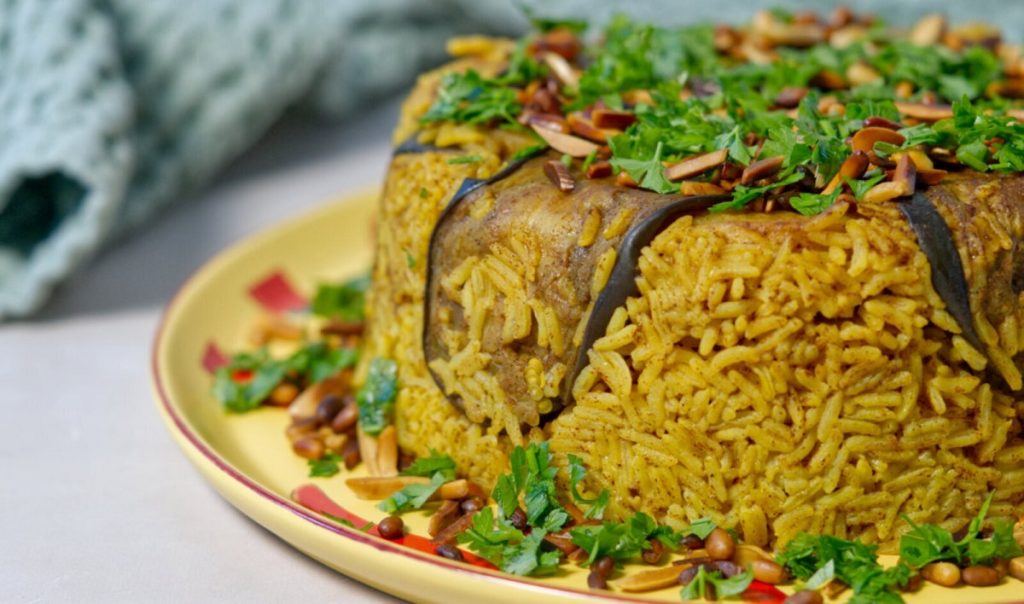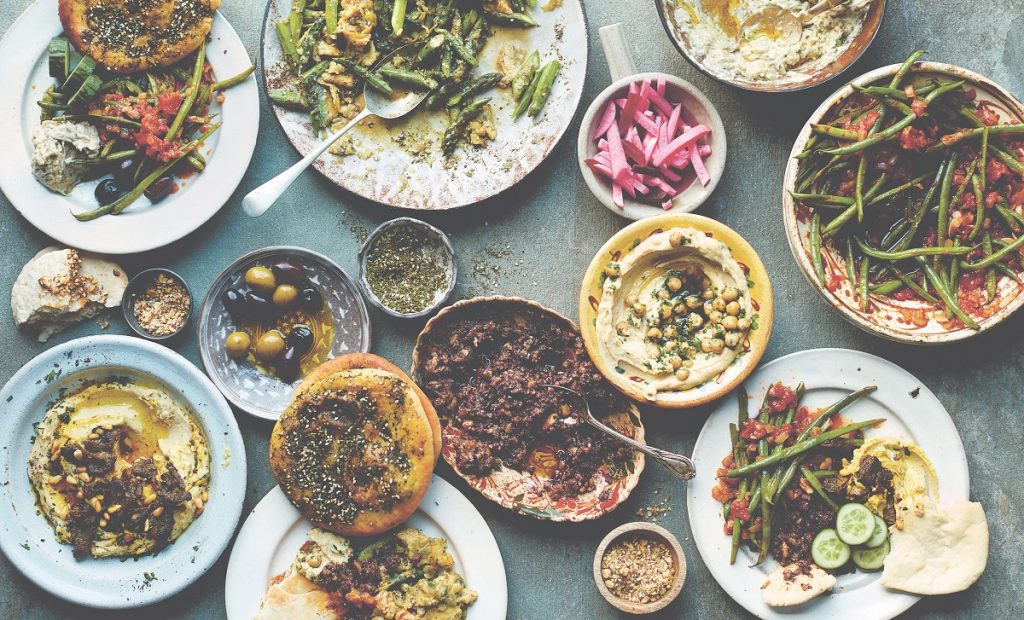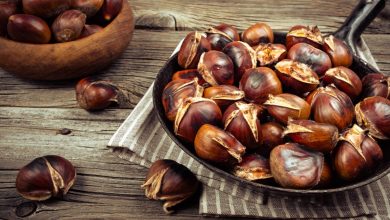Palestinian Cuisine in the USA: Heritage, Identity, and Culinary Influence
How Palestinian food has shaped American dining culture while preserving tradition and community identity.

Palestinian cuisine has found a meaningful place in the United States, serving as both a culinary delight and a cultural ambassador. With its deep roots in the Levant and centuries of tradition, Palestinian food in America has become more than just meals; it represents heritage, resilience, and the preservation of identity for Palestinian Americans. At the same time, it has made a lasting impact on the broader U.S. food landscape.
Historical Roots of Palestinian Cuisine in America
Palestinians first began arriving in the U.S. in larger numbers in the late 19th and early 20th centuries, with immigration waves increasing after 1948 and 1967 due to war and displacement. Many settled in urban centers such as Chicago, Detroit, New York, New Jersey, and California, bringing with them their food traditions. Over time, Palestinian restaurants and bakeries became important cultural hubs for families and communities, where recipes passed down for generations could be preserved and shared.

Signature Dishes and Their Popularity
Palestinian cuisine shares roots with broader Levantine traditions but carries unique regional touches. In the U.S., several Palestinian dishes have gained popularity, including:
-
Mansaf: Considered the national dish of Palestine, made with lamb, rice, and jameed (fermented yogurt).
-
Maqluba: A layered dish of rice, vegetables, and meat flipped upside down at serving.
-
Musakhan: Chicken baked with onions, sumac, and olive oil, served on flatbread.
-
Knafeh Nabulsieh: A dessert from Nablus made with sweet cheese and semolina, soaked in syrup.
-
Falafel and Hummus: Although popular across the Middle East, Palestinian-owned restaurants have been central to their rise in U.S. street food culture.
The Impact on American Dining Culture
Palestinian restaurants in the U.S. have introduced Americans to flavors that emphasize olive oil, fresh herbs, legumes, and spices like sumac and za’atar. These ingredients align well with the growing popularity of the Mediterranean diet, widely praised for its health benefits. As a result, Palestinian food has found its way not only into immigrant neighborhoods but also into mainstream dining.
Palestinian chefs and entrepreneurs are also gaining national recognition. In cities like Chicago, New York, and San Francisco, Palestinian-owned restaurants are featured in food festivals, culinary shows, and even fine dining. This visibility helps showcase Palestinian identity in a positive light, countering stereotypes and highlighting cultural richness.

Cultural Preservation and Community Identity
Food is central to Palestinian identity, especially in the diaspora. In the United States, cooking and sharing traditional meals allow Palestinians to pass down their history to younger generations. Family gatherings, community events, and Palestinian cultural festivals often feature food as the core of the experience. Restaurants, bakeries, and catering businesses serve not only customers but also act as community centers where Palestinians reconnect with their roots.
Palestinian Cuisine and Political Identity
In the U.S., Palestinian food also carries a political dimension. For many Palestinian Americans, serving and promoting their cuisine is a way of asserting identity, preserving heritage, and resisting cultural erasure. Some chefs describe their cooking as a form of storytelling—an edible reminder of the homeland.
Conclusion
Palestinian cuisine in the United States is more than just food; it is a powerful expression of culture, identity, and resilience. From family-owned eateries in immigrant neighborhoods to mainstream recognition in America’s culinary scene, Palestinian food continues to enrich American society. Its growing popularity reflects not only its delicious flavors but also the strength of a community determined to keep its heritage alive.



